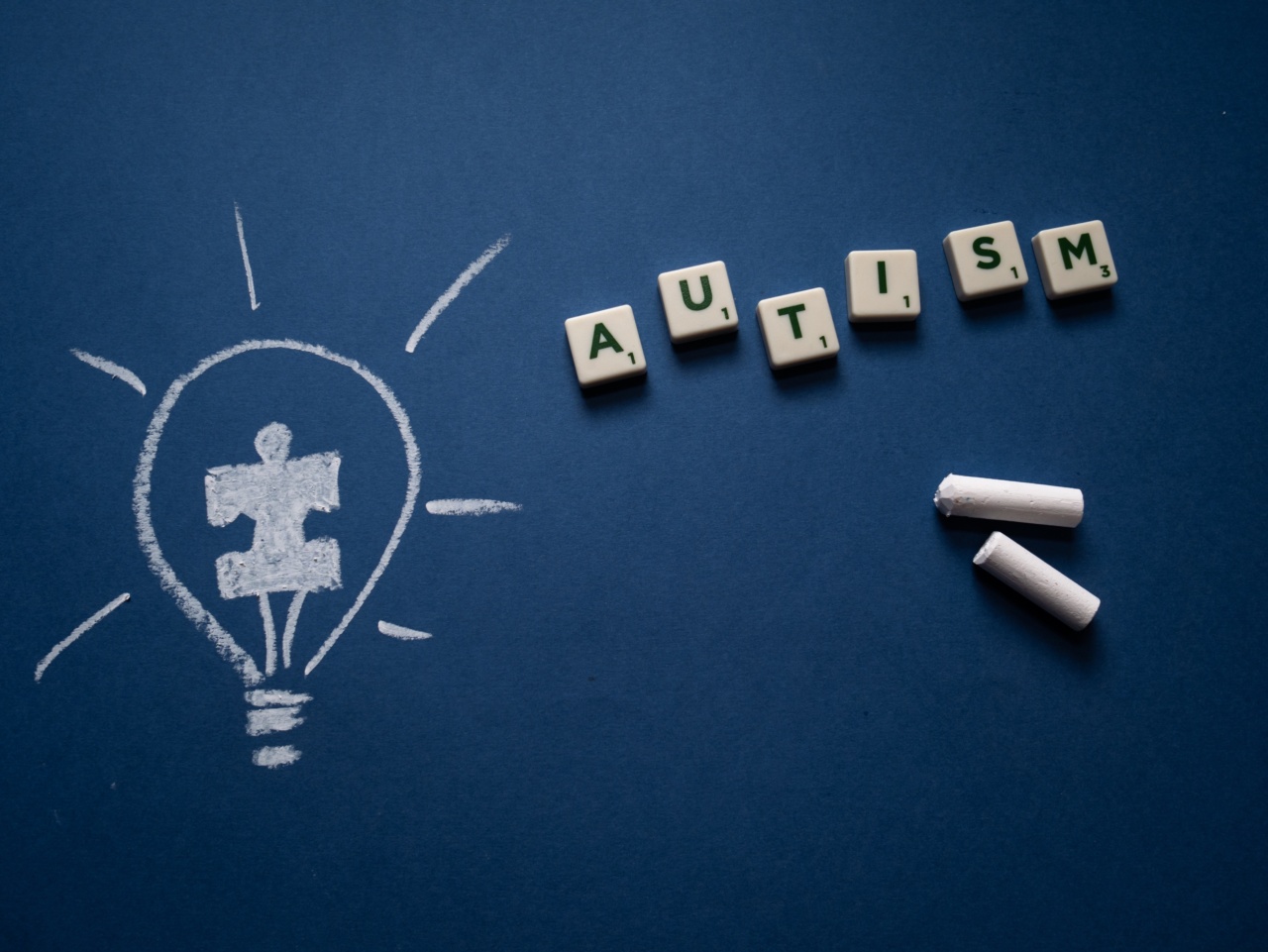Autism Spectrum Disorder (ASD) is a neurodevelopmental disorder that affects communication, social interaction, and behavior.
While the exact causes of ASD are still unknown, research suggests that a combination of genetic and environmental factors play a role in its development. Although there is no known cure for ASD, there are several preventative measures that can help reduce the risk or severity of ASD symptoms in individuals.
1. Early Intervention and Treatment
Early intervention is crucial in minimizing the impact of ASD on a child’s development. Early diagnosis and treatment can help improve social skills, communication, and behavioral issues.
Behavioral interventions, speech therapy, occupational therapy, and other specialized interventions can be tailored to meet the specific needs of children with ASD.
2. Prenatal Care
Good prenatal care plays a significant role in reducing the risk of developmental disorders, including ASD. Expectant mothers should receive proper medical care and follow the recommended guidelines for nutrition, exercise, and prenatal vitamins.
Avoiding exposure to harmful substances, such as tobacco smoke, alcohol, and certain medications during pregnancy, is essential for minimizing the risk of ASD.
3. Maintaining a Healthy Lifestyle
Research suggests that maintaining a healthy lifestyle can contribute to the prevention of autism symptoms. Regular exercise, a balanced diet, and sufficient sleep are crucial for promoting optimal brain development in children.
Limiting exposure to environmental toxins, such as pesticides and air pollution, can also play a preventative role in reducing the risk of ASD.
4. Genetic Counseling
Genetic factors play a significant role in the development of ASD. Families with a history of ASD or related conditions may benefit from genetic counseling.
Genetic testing and counseling can provide valuable information about the risks, chances of recurrence, and potential preventative measures to help reduce the risk of ASD in future generations.
5. Vaccination
Extensive research has repeatedly confirmed that there is no credible link between childhood vaccinations and the development of autism.
Vaccinations help prevent several serious and potentially life-threatening diseases and should not be avoided based on misinformation or unfounded fears. Immunizations protect children from illnesses that can have far more severe consequences than the minimal and non-existent risk of developing ASD.
6. Parental Education and Support
Parents of children with ASD can greatly benefit from education and support programs.
Learning about ASD, its symptoms, and effective strategies for managing behavior and communication can make a significant difference in the child’s overall development and quality of life. Parent support groups and counseling services can also provide emotional support for families coping with the challenges of raising a child with ASD.
7. Avoiding Exposure to Environmental Toxins
Exposure to environmental toxins has been linked to an increased risk of neurodevelopmental disorders, including ASD.
Pregnant women and young children should limit their exposure to harmful chemicals found in certain household products, pesticides, and air pollutants. Choosing natural and eco-friendly alternatives can help minimize exposure to these toxins and promote a healthier environment for everyone.
8. Limiting Screen Time
Excessive screen time, including television, computer, and mobile device usage, has been associated with an increased risk of developmental delays and behavioral problems in children.
Setting appropriate limits on screen time, encouraging physical activity, and promoting face-to-face social interactions can help reduce the risk of ASD symptoms. It is important for parents to monitor and control the use of electronic devices, especially during early childhood.
9. Creating a Supportive and Structured Environment
Children with ASD thrive in supportive and structured environments. Establishing predictable routines, providing clear instructions, and creating a calm and organized atmosphere can help minimize anxiety and promote positive behavior.
Building effective communication channels and fostering a supportive network of friends, family, and educators can also contribute to the child’s overall well-being and development.
10. Collaboration with Healthcare Professionals
Regular communication and collaboration with healthcare professionals are essential in preventing and managing ASD.
Pediatricians, psychologists, therapists, and other specialists can provide valuable guidance and support throughout the child’s development. Regular check-ups, early detection of developmental delays, and timely interventions can significantly impact the child’s long-term outcomes.































